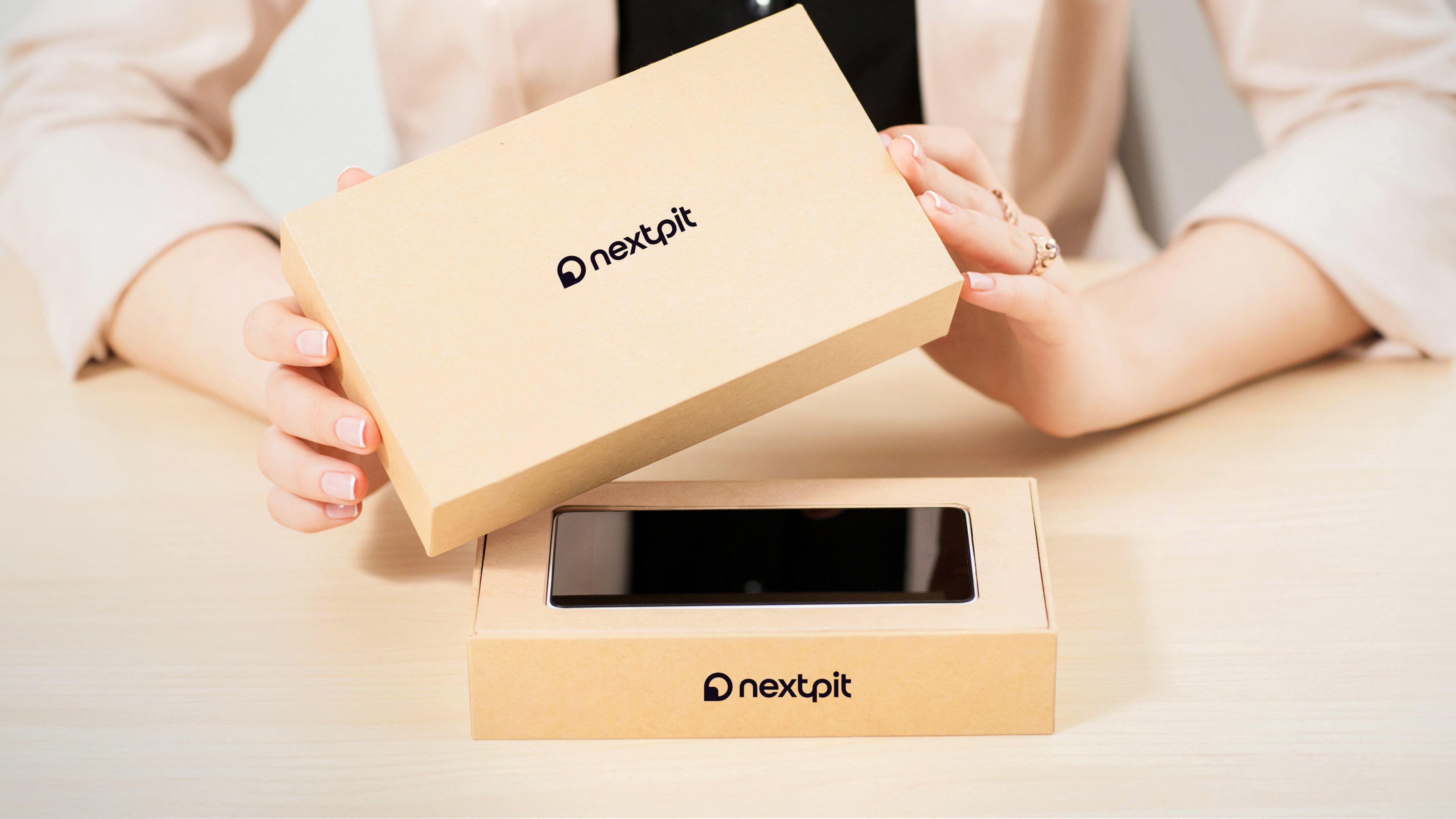

While ChatGPT can potentially boost essay writing, it has limitations and raises ethical concerns. Critical reasoning and fact-checking remain vital, as AI tools can sometimes lack accuracy and consistency. Ensuring ethical usage, fostering academic integrity, and integrating AI responsibly into education are essential as AI becomes commonplace.
Navigating the digital landscape of education is no small task, especially when you bring AI tools like ChatGPT into the mix. If the thought of using ChatGPT to pen your essays has crossed your mind, here’s some food for thought.
ChatGPT: A Game Changer for Essay Writing?
We’ve crossed a new threshold in essay writing, thanks to ChatGPT. This AI powerhouse can spin out structured and relevant text with minimal or even zero human intervention. However, while it has the chops to draft essays, it’s crucial to understand its shortcomings and the ethical responsibility of maintaining academic integrity.
RELATED: ChatGPT: How to Use the AI Chatbot for Free
So, Can ChatGPT Draft Essays?
In a nutshell, yes. ChatGPT can whip up essays, but it’s not all roses. While it can generate text that emulates human composition, its reliability in offering accurate information or holding a consistent argument can be dicey. The bottom line: It doesn’t hold a candle to human reasoning, critical thinking, and fact verification.
The Two Faces of ChatGPT for Essays
Before we dive into the ethical maze of ChatGPT for essay writing, let’s hash out some practical aspects.
Pros:
- Writing booster: As a first draft, AI-generated text could elevate your writing quality and introduce fresh angles.
- Pocket-friendly: For now, ChatGPT is accessible to every student free of charge.
Cons:
- Consistency concerns: ChatGPT can occasionally crank out content that’s logically disjointed or factually off.
- Learning risks: A heavy reliance on ChatGPT might undercut the learning objectives of essay writing.
Note: Wielding ChatGPT effectively still demands a firm grip on critical reading and reasoning skills. You need knowledge of the subject area to make a good essay with ChatGPT!
Navigating the Ethics of AI in Essay Writing
Employing AI to pen essays stirs up a whirlwind of academic integrity questions. It’s a handy tool for sparking ideas and honing writing skills, but tipping into over-reliance could stray into academic dishonesty territory, with serious repercussions like academic sanctions, expulsion, or even degree retraction. The trick is to view AI as a sidekick, not a stand-in for your intellectual input.
RELATED: 6 Things You Shouldn’t Use ChatGPT For
Drawing Parallels: AI and Contract Cheating
Ever considered how using ChatGPT for essay writing compares to paying someone to do your essay for you (a.k.a. contract cheating)? While both scenarios involve a degree of outsourcing, they differ. With ChatGPT, you’re still required to engage with the text, perform fact-checks, and ensure narrative consistency, unlike contract cheating.
Interestingly, it seems that ChatGPT is already affecting the livelihoods of professional contract cheating services. Whether this is a net positive or not is a matter of debate.
RELATED: Don’t Trust ChatGPT to Do Math
Striking a Balance: AI Assistance and Academic Integrity
ChatGPT can be a powerful tool for enhancing your essays and writing style when used responsibly. By submitting your text for assessment to ChatGPT, you can receive improvement suggestions and weave these changes into your work, preserving your original ideas while leveraging the AI’s linguistic abilities.
AI Essay Writing: Handle with Care
As AI technologies charge ahead, the sophistication and prevalence of AI-driven essay-writing applications are set to grow. Students and educators must remember the potential upsides and pitfalls of incorporating AI into academic writing.
Yes, AI detection tools are on the horizon, but the line between AI-generated and human text is blurring, making detection increasingly challenging. Additionally, the risk of false positives could potentially label innocent students as cheaters. Originality AI, one of the leading companies working on AI detection tools for education, has this to say:
…at Originality.AI we don’t believe that an AI detection score alone is enough for disciplinary action… (Originality AI)
Instead of banking on the impossible dream of foolproof detection, let’s focus on fostering a culture of academic honesty and mindful AI usage. As AI writing tools become commonplace, we must rethink our learning assessments to integrate these tools responsibly.
As AI writing assistance becomes baked into software like Microsoft Word, it won’t be feasible to penalize every student who uses it. Perhaps more importantly, the world we are preparing students for will require effective skills in using these AI tools.
RELATED: 8 ChatGPT AI Alternatives (Free and Paid)
Our task lies in educating students on using these tools ethically and effectively to augment their intellectual development rather than overshadow it. In a world increasingly reliant on AI, we need to ensure we’re not outsourcing our critical thinking but using AI as a valuable companion on our academic journeys.








